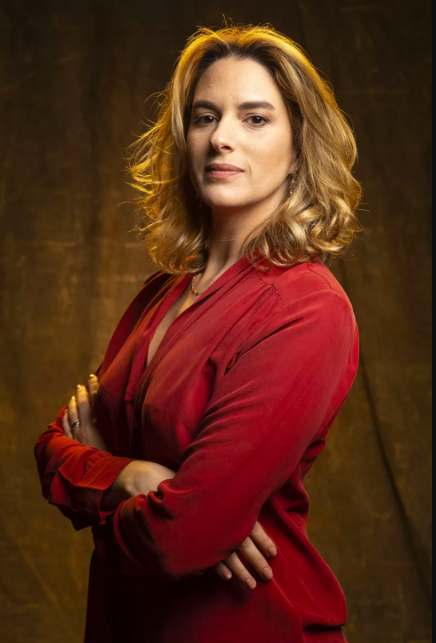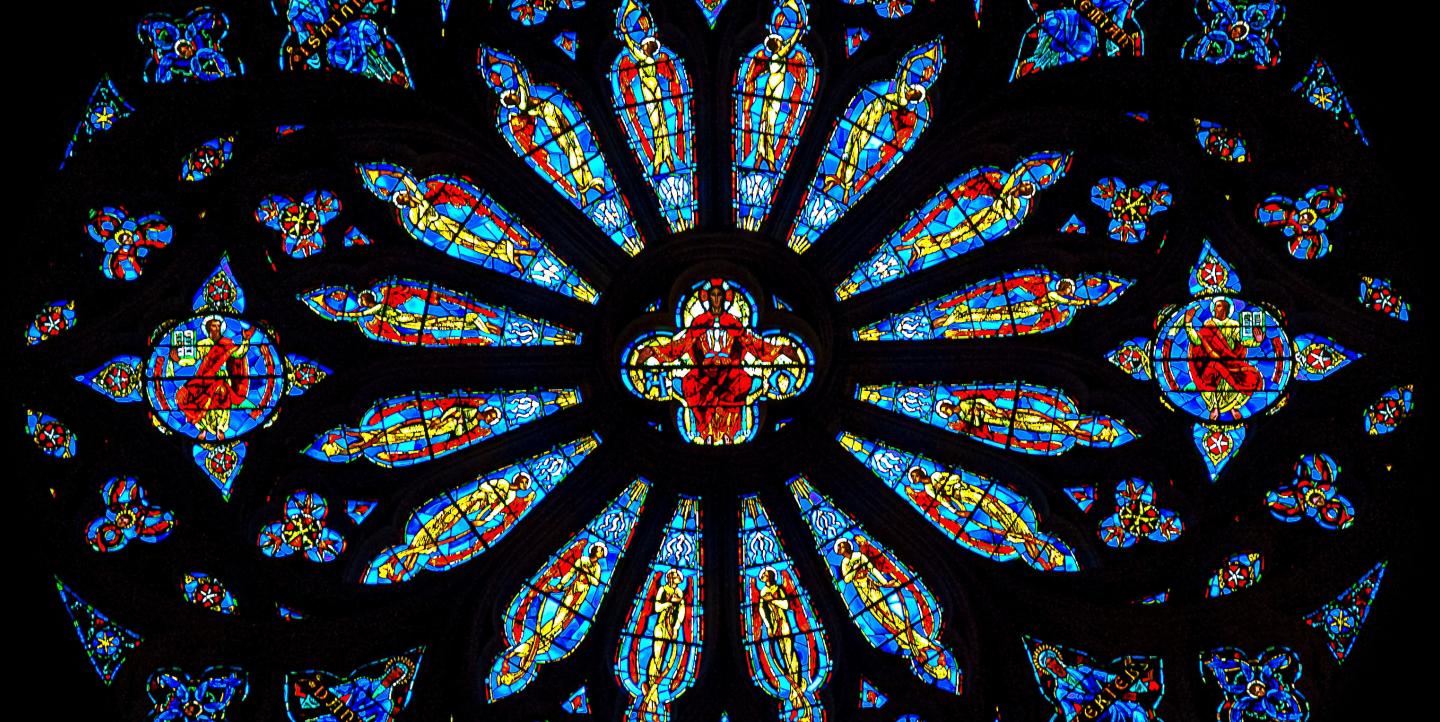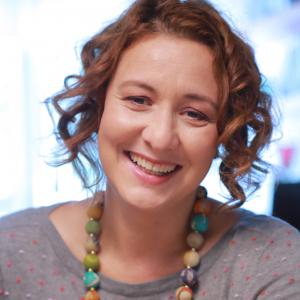Spiritual healer “John of God” was well-known around the world, lauded by celebrities like Oprah Winfrey, actress Shirley MacLaine and performance artist Marina Abramovic. Born João Teixeira de Faria in Brazil, he had no medical training but performed psychic surgery on thousands of people since he began his work in 1976.
But it seems his "healing" procedures were too good to be true. Many journalists tried to debunk him, including in 2014 when 60 Minutes Australia accused him of being a charlatan and asked him about a criminal sexual charge against him. He refused to answer hard questions, and it was only after an investigation led by journalist Camila Appel in 2018 that he was finally arrested and convicted for his crimes.
On Dec. 7, 2018, Appel, a writer for Globo TV's “Conversa com Bial,” managed to get Dutch choreographer Zahira Mous, who had been sexually abused by "John of God," to speak on air. An avalanche of accusations followed: 350 women claimed ”John of God” had sexually abused them and it was no longer possible to ignore his crimes.
Within a week, he was arrested.
The story became a six-part documentary “On Behalf of God,” which was released this year by Globoplay. Appel's investigation extended outside Brazil as "John of God" had thousands of followers who came from around the world to visit him in Abadiânia — a small town that benefited from the healer's fame.
According to Appel, his crystals are still sold in the United States. He had planned to open a healing center in Sedona, Arizona, and he was accused of rape there, too.
We spoke to Appel about her investigation, how she handled the interviews with survivors of abuse and what she learned from the experience.
IJNet: How did the investigation begin?
Appel: When Pedro Bial [the host of the show] thought about doing an interview with “John of God,” I started to investigate him on my own. I wanted to understand the unanimous support he got. I contacted an acquaintance who lived in his town. She was reticent but seemed to have something to say. She decided to speak when I told her that Bial had given up on the interview because he didn’t believe in the healer. She introduced me to other women. One woman sent me a Facebook post by Zahira Mous, which resonated with women in Abadiânia. I found Mous on Instagram. At first, she was wary, but we kept talking until we set up the interview.

Did you have any investigative journalism experience?
No. But I always liked to delve into underreported topics and taboo stories, so much so that I have a blog about death. On Bial’s show, I cover sensitive issues like depression [and] suicide [among others].
There were a lot of stories, and we were careful to separate what was fact. We examined all sorts of public records. John had the habit of making people sign documents stating that accusations against him were false.
Do journalists need to take a deeper look into unanimous discourses?
That is very important. If unanimity is established, I think, it is because there is a standardization of discourse that is dangerous because it drowns out other voices. That's what happened with John’s case. Society ended up allowing this because he had connections with politicians, with artists and with important people.
[Read more: Tips for reporting on gender-based violence]
Were you threatened for your reporting?
No, but he pressured an interviewee when he found out she had talked with me. She was forced to sign a document saying that I had paid her to lie. He had my phone number, which I didn't know about until later. He also tried to stop the broadcast in court just before it aired.
How did you approach your sources?
With empathy because they needed to trust me. I think I could have been less traumatized by this investigation if I hadn't gone so deep. But I had to be extremely dedicated. My relationship with the women who were abused was very intimate. I said that they could ask anything about me. But I didn't let myself be overwhelmed by the emotions. My bosses were guiding me, asking questions and asking me to check things.
Were you afraid of being wrong?
At the opening of the show, Bial mentioned my name. He wanted to give credit to me and believed that by doing so it would protect me. It was the most difficult day of my life. I was afraid that it would all come to nothing. John was a powerful man, and many famous people who liked him could defend him. They tried to defame Mous, but I had the impression that this was just the tip of the iceberg. I met a woman who was molested 20 years ago and another one recently. In the first interviewee's diary, the details [of the abuse] were thorough. He still followed the same pattern, both to abuse women and to cover up what he did. The #MeToo movement also helped because it encouraged women to speak out.
[Read more: When interviewing trauma victims, proceed with caution and compassion]
What was most shocking to you?
Women who stopped believing in humanity or who attempted suicide. His own daughter was raped since she was a child, but she was discredited all her life and viewed by the community as unbalanced.
I was also surprised by the number of victims, including children. After the documentary, I received many messages from men saying: "Wow, I didn't know women were so discredited."
What did you learn from that experience?
I learned that when our antenna points to something suspicious, it must be investigated. The relationship with victims is deeply delicate. It is necessary to respect their time, above any deadline, to listen to what is left unspoken, be sensitive to their limits and be honest about the possible consequences of the investigation. But I feel that exposure in a large outlet offers more protection, in terms of physical safety, while social judgment will always exist. But in this case, journalists and sources can help each other to make an investigation work.
Fabiana Santos is originally from Brazil but lives in Washington. She is a freelance journalist, video producer, a master’s student in intercultural relations, and manages the website Tudo sobre minha mãe.
This interview was edited for length and clarity.
Main image CC-licensed by Unsplash via Robert Thiemann.


